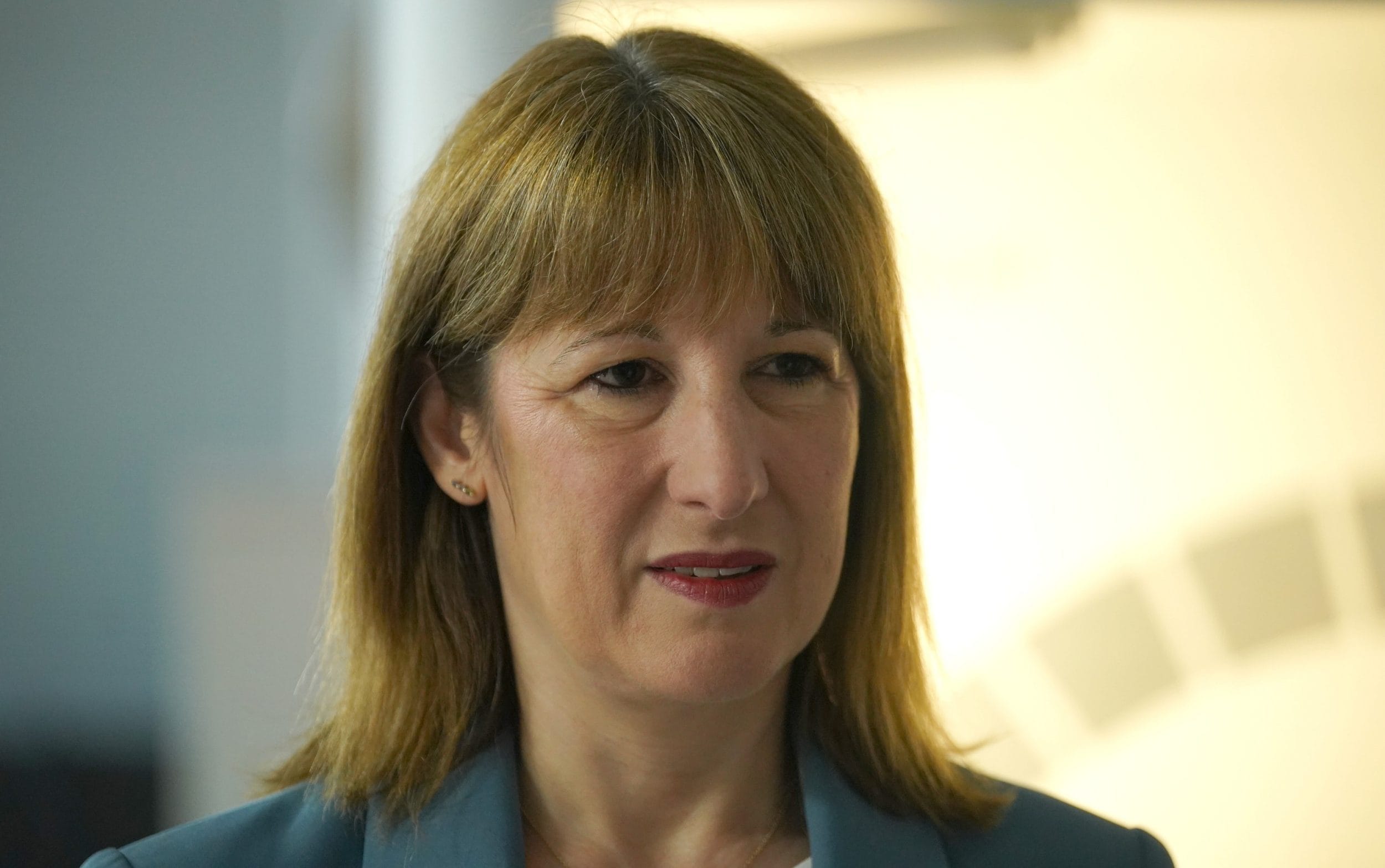
Middle-class workers are shouldering the biggest increase in the tax burden thanks to a stealth raid on thresholds, analysis suggests.
The share of income tax paid by those who earn between £43,000 and £61,900 rose from 15.1pc to 17pc between 2021-22 and 2025-26, according to the TaxPayers’ Alliance.
During the same five-year period, the share of income tax paid by the top 1pc, those earning more than £201,000 a year, fell from 30.7pc to 26.6pc, the pressure group found.
It comes as Chancellor Rachel Reeves faces a £50bn black hole in the public finances and declining tax revenue as high-net-worth individuals look to move abroad. Analysis by the Financial Times this month revealed there had been a 40pc rise in directors moving abroad since Labour’s autumn Budget.
The Taxpayers’ Alliance report found the proportion of total income tax receipts increased for every group except for the top 1pc of earners, thanks to a series of stealth taxes first introduced by the Conservatives.
Income tax thresholds, including the £12,570 tax-free “personal allowance”, were frozen at the 2021 budget by then chancellor Rishi Sunak until 2025-26.
A year later, his successor, Jeremy Hunt, extended the freeze until 2027-28. Despite promising not to raise taxes on working people, Sir Keir Starmer has not ruled out extending the freeze further to 2029-30.
Keeping thresholds frozen means earners lose a larger share of their incomes to tax, as inflation pushes up wages in a process known as fiscal drag.
The stealth raid means almost 2.9 million more people will pay the basic rate of income tax in 2025-26 than in 2021-22, while over 2.6 million more will pay the higher rate.
Including other rates, almost 6 million more people are forecast to be paying income tax than in 2021-22.
John O’Connell, chief executive of the TaxPayers’ Alliance, said: “This is the sad but inevitable result of successive governments’ assortment of anti-affluence tax policies, which penalise aspiration and success.
“The UK is now trapped in a doom loop with the Chancellor desperately scrabbling around for more cash to fill the fiscal black hole and increasingly finding her only option is to come after the middle classes.
“Rachel Reeves needs to now show some humility and reverse the policies that have done so much to drive away high earners.”
The respected National Institute of Economic and Social Research on Tuesday warned slowing economic growth, a weak jobs market and Labour’s failure to commit to welfare reform meant Ms Reeves was on course to miss her borrowing targets by £41.2bn.
When combined with the £9.9bn of headroom the Chancellor has committed to keeping, it means she is facing a £51.1bn deficit in the autumn that will either have to be solved by raising taxes or cutting spending.
The study also underlined the importance for the Treasury’s balance sheet to keep the highest earners in Britain. Despite the proportion of tax paid by the top 1pc of earners falling, the group still accounts for more than a quarter of all income tax receipts.
Analysis of Companies House by the Financial Times found that 3,790 company directors had left Britain between October and July compared with 2,712 in the same period a year earlier.
Significant names have included Richard Gnodde, Goldman Sachs’ most senior banker outside the US, Nassef Sawiris, the Aston Villa co-owner, and British property tycoon brothers Ian and Richard Livingstone.
It comes after Labour launched a wide-ranging tax raid after coming to power last year. This included abolishing the non-dom status and tightening inheritance tax rules.
Laura Suter, of AJ Bell, said: “Government tax policy in the past few years has had the dual outcome of pushing some of the wealthiest to leave the UK and also landing more taxpayers with higher tax bills at the same time.
“Together, this means that an increasing proportion of the total tax bill of the country is paid by middle earners, rather than the super-rich.
“Looking ahead, any potential tax-raising measures that Rachel Reeves makes in her next Budget could exacerbate this dynamic further.”
Trevor Williams, a former chief economist at Lloyds Bank, previously warned Britain was facing a millionaires’ exodus.
Mr Williams said: “Since 2014, the number of resident millionaires in the UK dropped by 9pc compared with the world’s 10 wealthiest countries’ global average growth of more than 40pc.
“Over the same period, the US saw a 78pc increase in millionaires – the fastest wealth growth [among these countries].”
The Treasury insisted that under its Plan for Change it would keep more money in people’s pockets.
A spokesman said: “This government inherited the previous government’s policy of frozen tax thresholds. At the Budget and the Spring Statement, the Chancellor announced that we would not extend that freeze.
“We are also protecting payslips for working people by keeping our promise to not raise the basic, higher or additional rates of income tax, employee National Insurance or VAT. That’s the Plan for Change – protecting people’s incomes and putting money into people’s pockets.”
Sign up to the Front Page newsletter for free: Your essential guide to the day's agenda from The Telegraph - direct to your inbox seven days a week.






